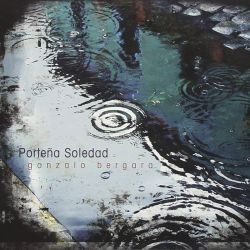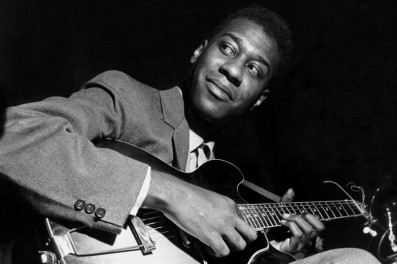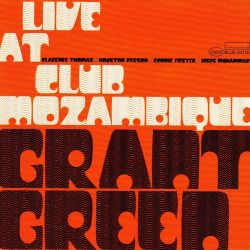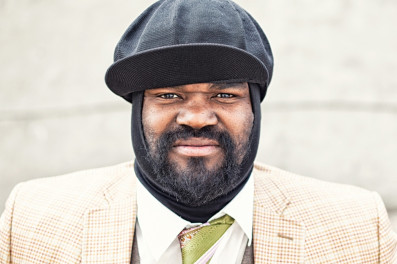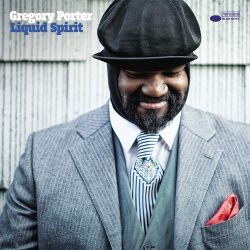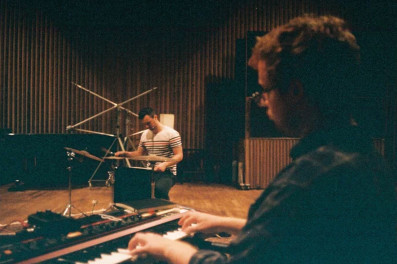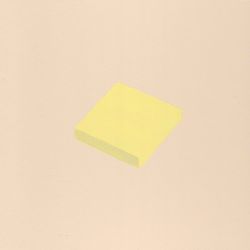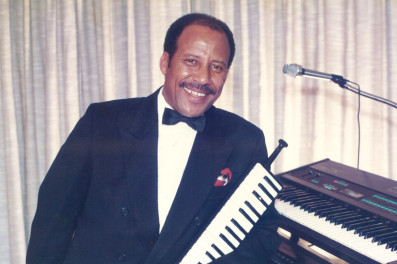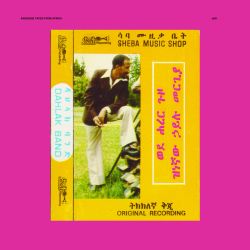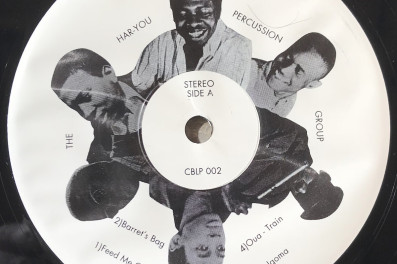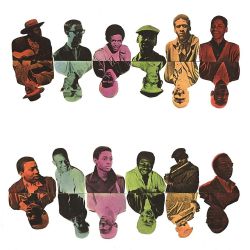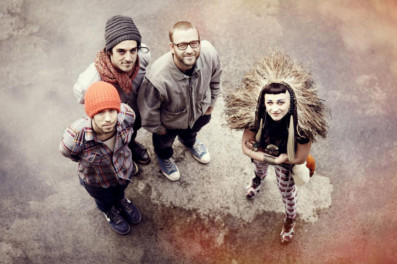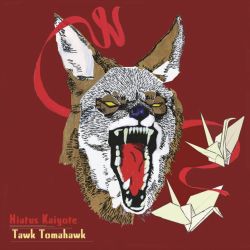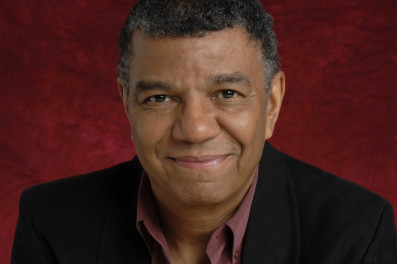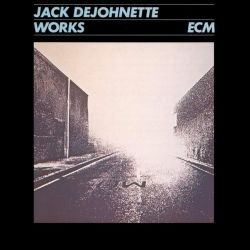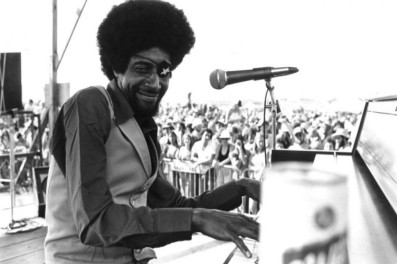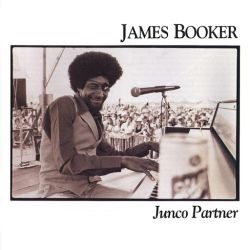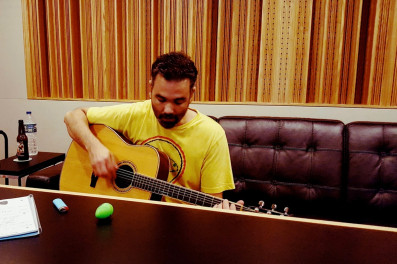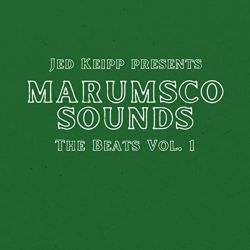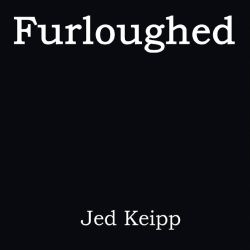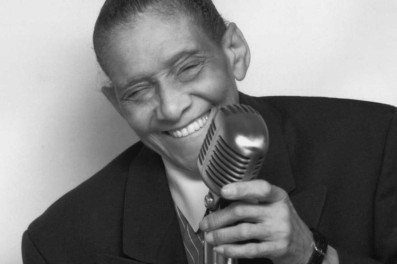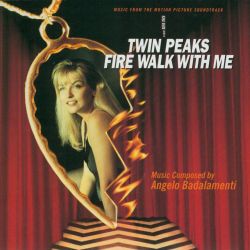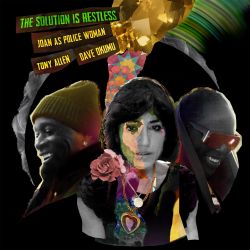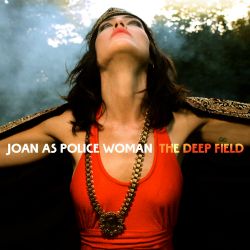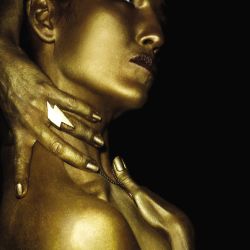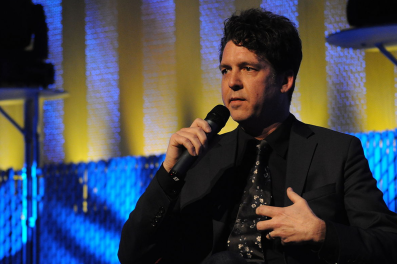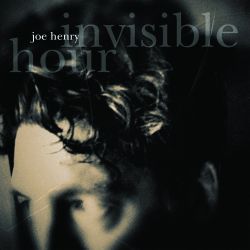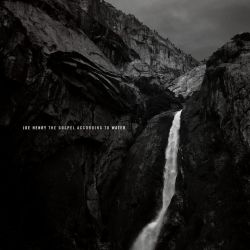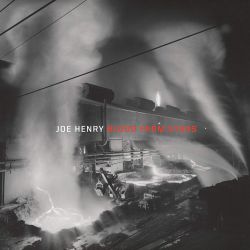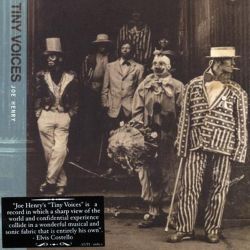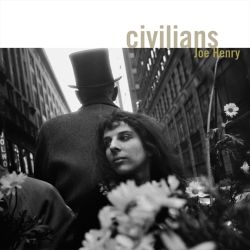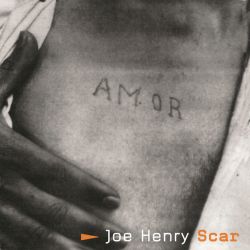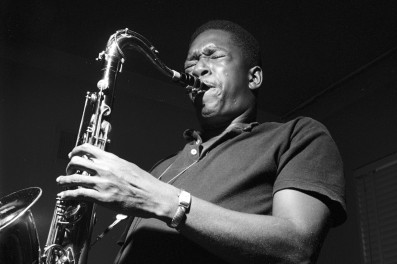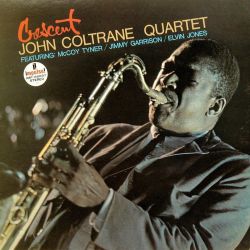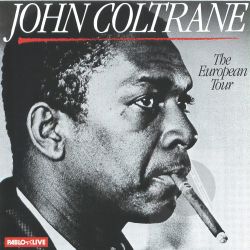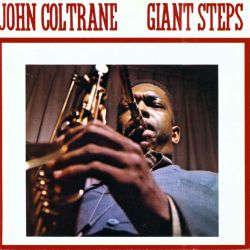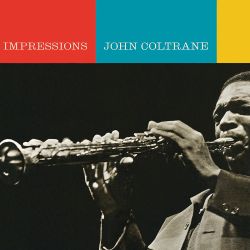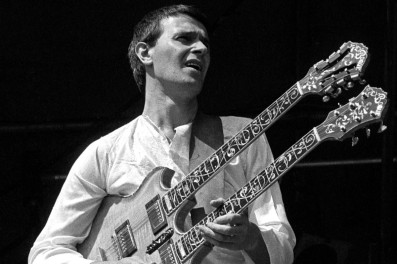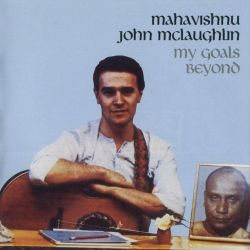Gonzalo Bergara
Gonzalo Bergara has emerged a virtuoso composer and lead guitarist, mixing a cascade of arpeggios with the sounds of Paris and his native Argentina, to forge his own style of progressive Gypsy Jazz.
Gonzalo began playing professionally at age 16 in Buenos Aires. By 17 he was already fronting his own blues trio on National Television. In 2000, at age 19, he arrived in America. Just 30 years old, Gonzalo has toured worldwide with John Jorgenson Quintet, as well as performed and recorded with hundreds of artists including Tim Hausser from Manhattan Transfer, Sylvie Vartan, Dan Hicks and The Hot Licks, Howard Alden and more. His touring resume covers Croatia, Canada, Italy, France, Germany, Hungary, Argentina, Brazil, England, Scotland and the U.S. with notable appearances at Playboy Jazz Fest, Sweet and Hot Jazz Fest, The Montreal Jazz Fest, Django Reinhardt Fest (Germany), Suev Guitar Fest (Italy), Merle Fest, Strawberry Fest, most Django-style Fests in the US and countless more.
The Gonzalo Bergara Quartet (GBQ) explores a modern variant of the 1930s Django Reinhardt-inspired sound. The Quartet's first CD, Porteña Soledad, was Editor’s Pick in Guitar Player Magazine, and Vintage Guitar Magazine called it a "masterpiece." The music is heavily influenced by Django Reinhardt and the Hot Club of France, as well as the traditional jazz and music of Bergara's true home, Buenos Aires. "Gonzalo Bergara’s music exists in a way that very little music does. He has lavished such care on every phrase, built each arrangement with such lapidary precision and pared away anything extraneous, the music becomes sculpture. It has weight, density, gravity. This is serious….and deeply moving."

